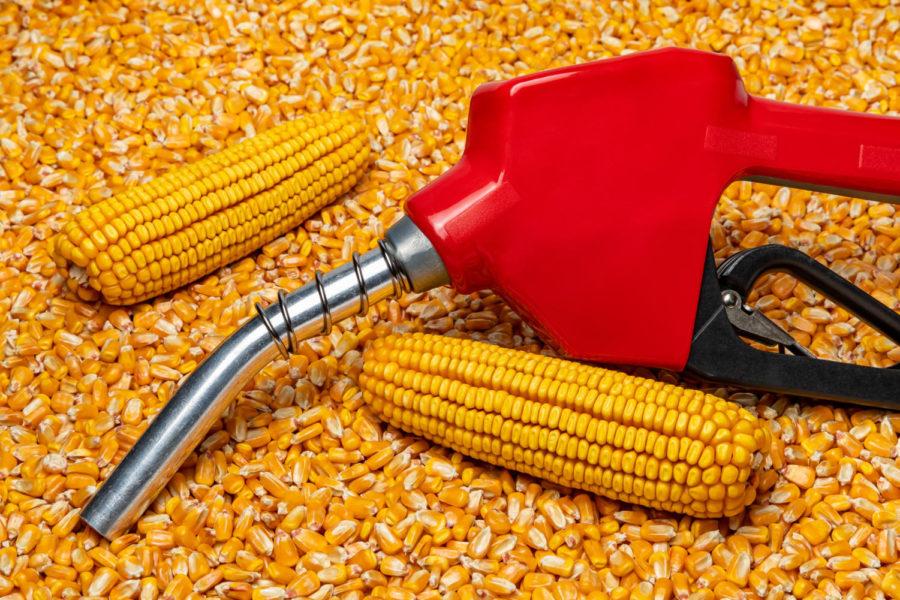Schmitt: Biden wants agriculture on the front line of climate change, leaving farmers behind
September 4, 2021
As climate change remains a significant issue in the U.S., the Biden administration continues to put farmers last, despite wanting agriculture to lead the charge in climate mitigation.
“We see farmers making American agriculture first in the world to achieve net-zero emissions and gaining new sources of income in the process,” said President Biden during remarks on climate change in late January.
USDA Secretary Tom Vilsack also shared this vision in February during his testimony before the Senate Agriculture, Nutrition and Forestry Committee.
“Agriculture is one of our first and best ways to get some wins in this climate area,” he said.
With Mr. Biden only days into his presidency, it was understandable when the agricultural industry was still awaiting directions for how the new administration wanted climate mitigation strategies established. Renewable fuels organizations even looked forward to what Biden’s EPA had in store for agricultural commodities; the Renewable Fuels Association (RFA) was never coy about condemning actions by President Trump regarding the Renewable Fuel Standard (RFS).
Congress established the Renewable Fuel Standard in 2005 under the Energy Policy Act and expanded it in 2007. The federal program requires transportation fuel sold in the U.S. to contain a minimum volume of renewable fuels. The standard became a benchmark for ethanol demand; as of 2018, ethanol and biodiesel account for 12 percent of total renewable energy consumption, up from 7 percent in 2007.
Studies have shown that ethanol-blended fuels offer a cleaner alternative to gasoline at the fuel pump. Ethanol’s carbon intensity is nearly 50 percent lower than that of gasoline, according to an analysis released by the RFA. Economically, ethanol also offers a cheaper fuel option for consumers. With ethanol as a vital resource, Biden’s statement about agriculture leading the charge to mitigate climate change seems realistic.
However, we received a conflicting message after President Biden signed an empty proclamation that promises 50 percent of all cars sold in the U.S. would be net-zero emitters by 2030. Nonetheless, the president’s conflicting actions did not stop there.
As the United States emerged from the COVID-19 pandemic, consumers have been dealing with significantly higher gas prices due to increased cars on the road.
The uptick in prices prompted the Biden administration to call on OPEC (Organization of the Petroleum Exporting Countries) leaders early last month to increase oil production to alleviate domestic transportation costs. That call came after the international cartel already agreed to produce an additional 400,000 barrels of oil per day after negotiations with top members.
OPEC declined his offer to the president’s disappointment but no surprise because the U.S. holds no leverage over the international oil industry. He made that clear when he blocked the advancement of the Keystone Pipeline.
“The future of the auto industry is electric,” said Biden in a tweet Aug. 5. “There’s no turning back.”
So, what is it? Does the Biden administration want to put America’s backbone on the front lines or leave them behind in the dust?

















